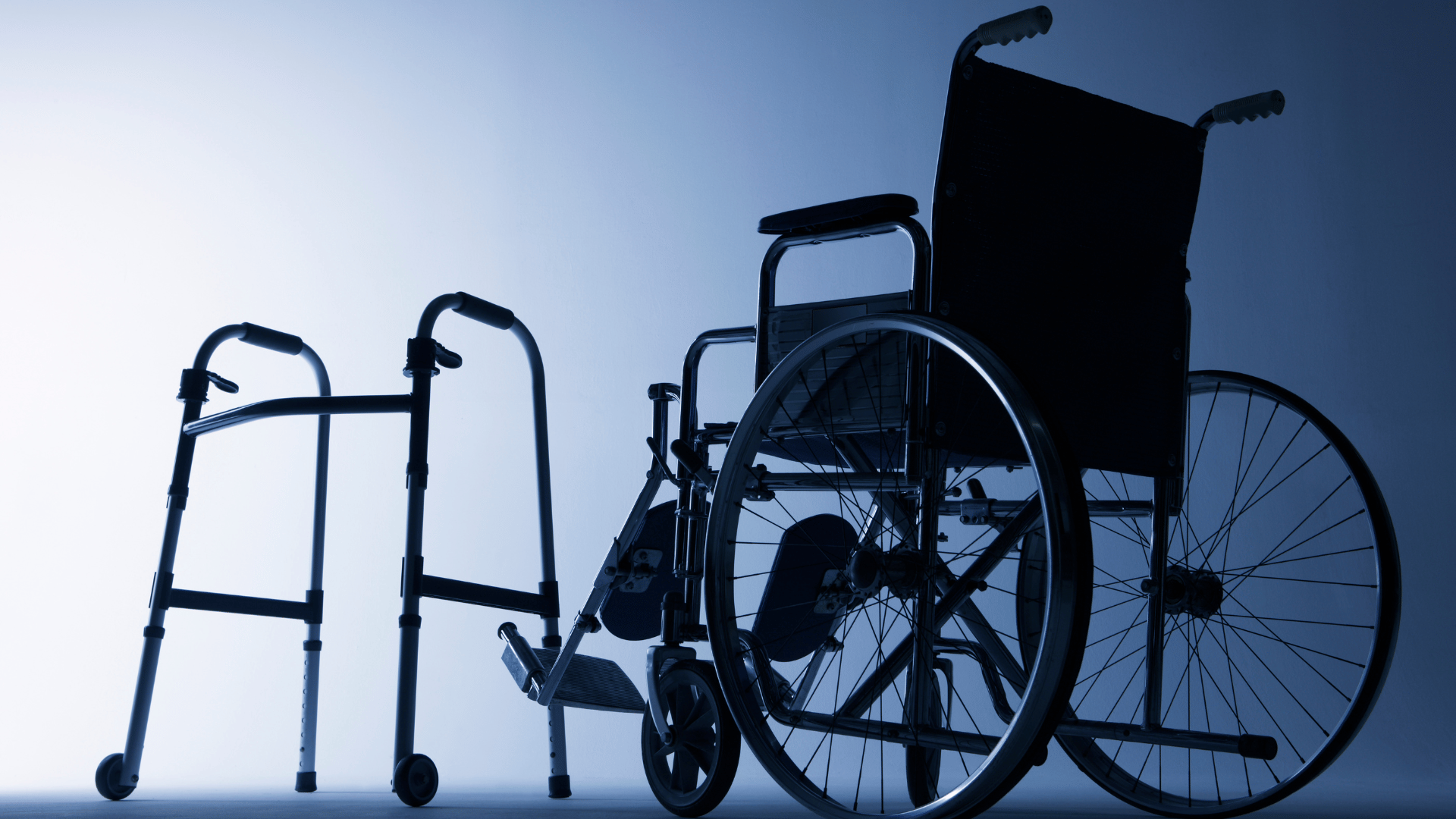Numotion to Pay $13.5 Million to Resolve False Claims Act Allegations

Table of Contents
In August 2024, the wheelchair and mobility equipment company Numotion agreed to settle a False Claims Act lawsuit for allegedly defrauding Medicare. Based out of Missouri, the company was alleged to have been providing wheelchairs based on patient evaluations provided by non-qualified Numotion employees rather than being reviewed by a qualified medical professional. To settle these claims, Numotion agreed to pay $13.5 million to the federal government. The settlement effectively resolves three qui tam whistleblower lawsuits brought by former employees of Numotion. The case demonstrates the government’s emphasis on uncovering healthcare fraud and the role of a whistleblower lawyer to help navigate the intricacies of the False Claims Act.
Speak with the Lawyers at Brown, LLC Today!
Over 100 million in judgments and settlements trials in state and federal courts. We fight for maximum damage and results.
The Allegations Against Numotion
The claims against Numotion were brought forward by insider employees of the company under various qui tam lawsuits. Numotion was alleged to have been defrauding Medicare and other various federal health insurance programs by allowing non-medical staff to handle documentation that licensed healthcare professionals should have completed or in the words of the government, “According to the United States’ allegations, the claims were false because they were based on patient evaluations that were unlawfully authored, completed, or signed by Numotion employees rather than being authored, completed, or signed by qualified medical professionals.”
Allegedly, Numotion employees were signing forms to verify patients’ needs, bypassing evaluations that a qualified medical practitioner should perform, and submitting claims for wheelchairs and parts based on this improper documentation. The government investigated these claims under the False Claims Act, as these violations concern both the welfare of patients and the proper handling of public taxpayer funds.
Medical Necessity under the False Claims Act
The reason Numotion’s actions constitute fraud against qualified healthcare programs is due to a concept known as medical necessity. Medical necessity is a key factor when billing for healthcare services. Before a federal healthcare program like Medicare will pay for medical services, a healthcare provider must demonstrate that the requested services are essential to meet a patient’s specific medical needs. Medical necessity is satisfied by confirming the given care was appropriate and evidence-based in relation to a general standard of care outlined by the insurance program. The fact that no qualified medical professional documented their evaluation of the patient means there was not basis to determine medical necessity. The false documentation of evaluations performed by non-medical professionals means that any claims based on these visits would be considered fraudulent claims. Under the False Claims Act, whistleblowers can report any tips to the government concerning potential healthcare fraud if it concerns a government program like Medicare Fraud and Medicaid fraud. In exchange for this information, whistleblowers can receive a share of the government’s recovered funds up to 30% using a whistleblower law firm. You can learn more about how much a False Claims Act case may be worth and the types of awards available here. In the Numotion cases the three insiders are eligible to share a False Claims Act whistleblower award up to around $4 million.
Other Notable Wheelchair Equipment False Claims Act Recoveries
These allegations against Numotion are not the first time that an alleged fraudulent claim for wheelchairs and medical equipment was brought under the False Claims Act. Some examples of similar recent cases include the following:
- Orbit (2015): Orbit, a durable medical equipment (DME) supplier, agreed to settle with the Justice Department for $7.5 million. The company allegedly had sales reps alter physician prescriptions and documentation in order to get Orbit’s power wheelchairs paid for by Medicare. The information was reported by two former Orbit employees who received approximately $1.5 million for their role as whistleblowers.
- Hoveround (2015): Hoveround, a Florida company that manufactures and distributes power mobility devices, was found to be noncompliant with medical necessity requirements in 95% of cases sampled by the U.S. Department of Health and Human Services’ Office of Inspector General. The company did not meet basic requirements, such as confirming that alternative devices were insufficient for daily mobility and having proper documentation for face-to-face evaluations by a physician. As a result, the department concluded that Hoveround should return approximately $27 million in misappropriated funds.
- Numotion (2021): In another instance several years prior, Numotion agreed to pay $7 million to settle allegations of false claims on custom wheelchairs. Again, the company failed to prove medical necessity through improper or missing documentation. The whistleblower in this case was a former employee who received approximately $1.05 million in the claim.
Importance of Whistleblowers in Healthcare Fraud Under the False Claims Act
The False Claims Act allows whistleblowers, also known as relators, to uncover fraudulent schemes against the federal government. Whistleblowers can bring a claim on behalf of the government known as a qui tam lawsuit. After the whistleblower brings forward the claim, the government has an opportunity to review and determine whether to intervene on behalf of the whistleblower. Depending on the government’s decision, the whistleblower may be awarded between 15 to 30% of the recovery in the case.
Wheelchair claims are pervasive under the False Claims Act. Medicare and Medicaid are large, federal healthcare insurers that spend a significant amount on patients every year to provide durable medical equipment. Due to the size of these federal healthcare programs, they rely heavily on whistleblowers with insider knowledge to bring forward information of bad actors attempting to abuse the federal healthcare system. In fiscal year 2023, the Department of Justice reported that $1.7 billion was recovered for healthcare fraud under the False Claims Act. Potential relators thinking of bringing forward information regarding healthcare fraud should reach out to a whistleblower lawyer, since a False Claims Act lawsuit must be filed by a qui tam firm under the law. If you’re aware of any DME fraud, durable medical equipment fraud, wheelchair ordering fraud or fraud against any government program you should avail yourself of a free, confidential consultation to learn your rights.

